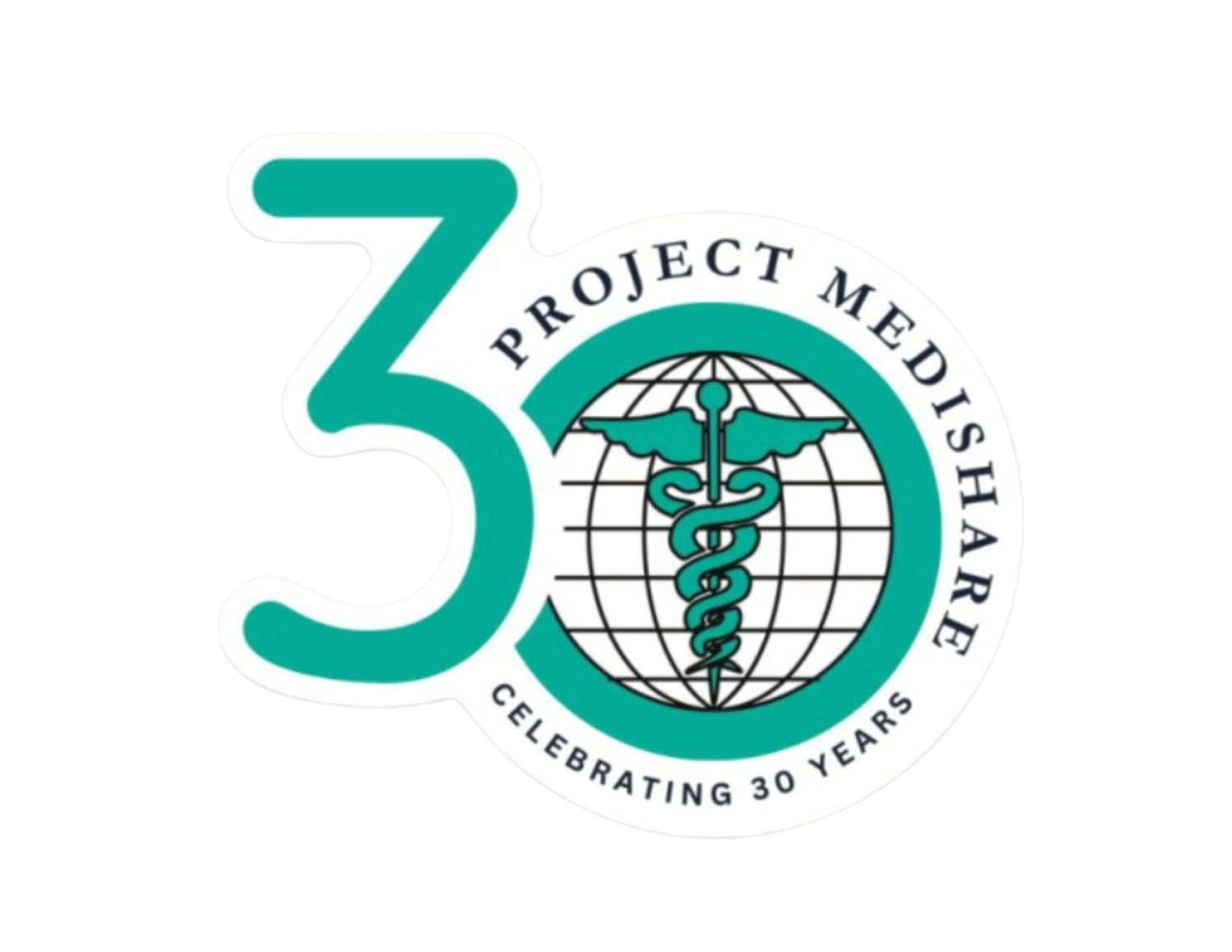Q+A with Lois Parker, Earthquake Volunteer
On January 12, 2010, a 7.0 magnitude earthquake struck Haiti. An estimated three million people were affected by the quake. It is one of the deadliest natural disasters of all times. And it caused nearly $8 billion in damage. Hundreds of volunteers came to Haiti to help the Haitian people. Project Medishare is grateful for all the volunteers who came right after the earthquake and especially to those who continue to support us and the country of Haiti.
We have been reaching out to volunteers (past and present) to hear their stories about how volunteering with PM and Haiti impacted them over the past 10 years.
Q&A with Lois F. Parker, a Pharmacist from Boston who volunteered in Haiti six months after the Earthquake and again in 2011 and 2012.
How did you get involved with Project Medishare?
At the time of the earthquake, I was working at Mass General in Boston as a pediatric clinical pharmacist. I knew a few people who had gone to Haiti; they were among the first responders there. They spoke of how difficult, but rewarding the experience was, and I knew I wanted to help, especially since there were many pediatric injuries. I learned about Project Medishare in a pediatric critical care listserv and made arrangements to go that summer (July 2010). It was an amazing experience, and I went back in 2011 and 2012. I appreciated that Project Medishare offered one week deployments, as I had family and work responsibilities that made longer trips challenging.
What is your most memorable moment from your volunteer experience?
I remember being amazed by a woman who arrived at the clinic at Hospital Bernard Mevs with a small child, after having traveled for hours, just wanting immunizations for her child. We didn’t have much to offer, and it always stayed with me that we have all of these supposedly educated anti-vaxxers in this country declining readily available immunizations for their children, and the Haitian people work so hard to get what Americans take for granted.
Did you see anything during your visit that was unexpected?
Particularly on the first visit, I was struck by how gracious and welcoming the Haitian people were, and how well-kept they and their children were, even though so many were living in tents at the time. The children had beautiful clothes and their hair was always done. Professionally, I was impressed by the effort that was undertaken to provide the best possible care for these patients under less than ideal conditions.
How did this experience change you?
It definitely had me stepping outside of my comfort zone and enlightened me about the extent to which I live in a bubble here in metro Boston. I gained a lot of insight about medical volunteering, and some of the associated controversies, such as the importance of training the Haitian people to be able to do this work rather than just doing it for them, and the problems associated with starting them on certain therapies that couldn’t be maintained, since a consistent supply of medication could seldom be guaranteed (or paid for). I also gained confidence in seeing the value of my contributions to the team, and utilize my experience and expertise in making medication dosing recommendations, since many physicians were practicing in areas outside of their expertise. For example, I remember a neurosurgeon asking about antibiotic selection in a pregnant patient with a UTI; something he would not be dealing with at home.
It was a privilege to meet so many wonderful Haitian people, as well as my fellow volunteers from the U.S. and Canada. I still have a wooden plaque at home that says “God Bless,” that was given to me by an interpreter named Sam on my last trip. He inscribed the back of it, and I was so touched by that gift. I am still in touch with several of the volunteers I met when I was there, and am grateful for these experiences.
